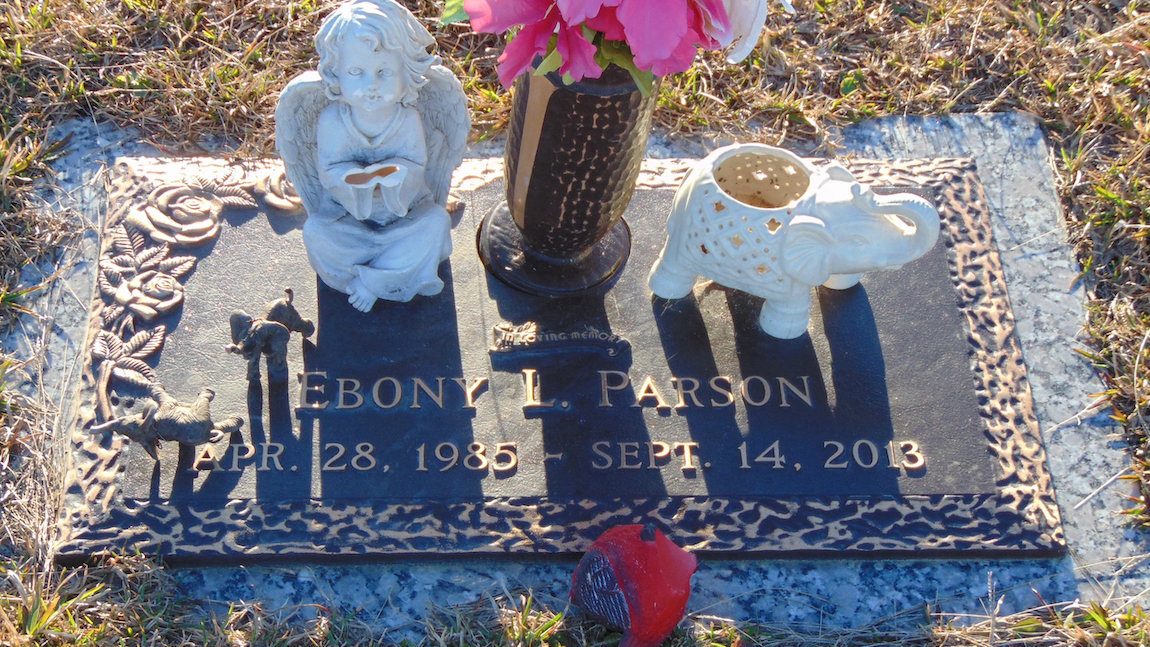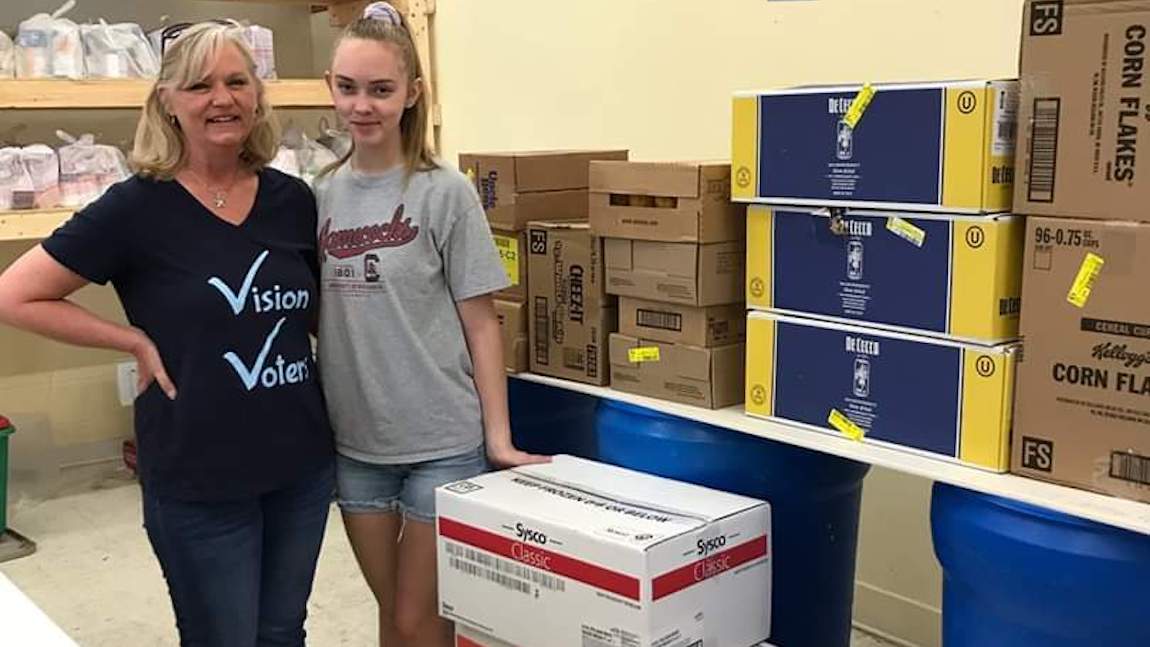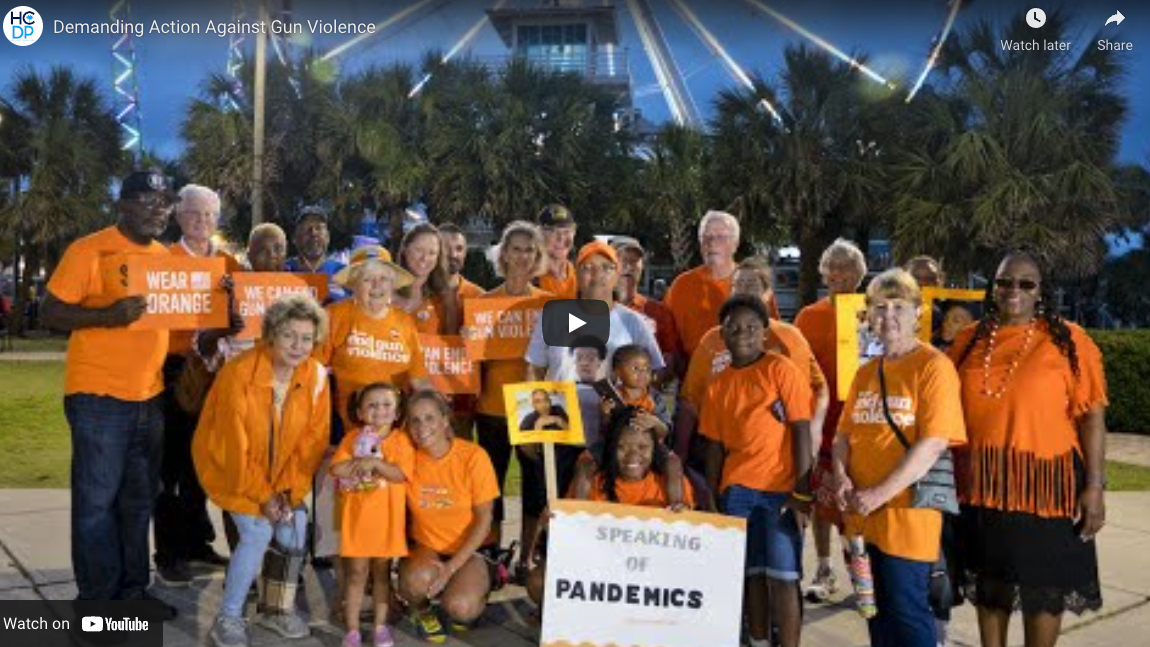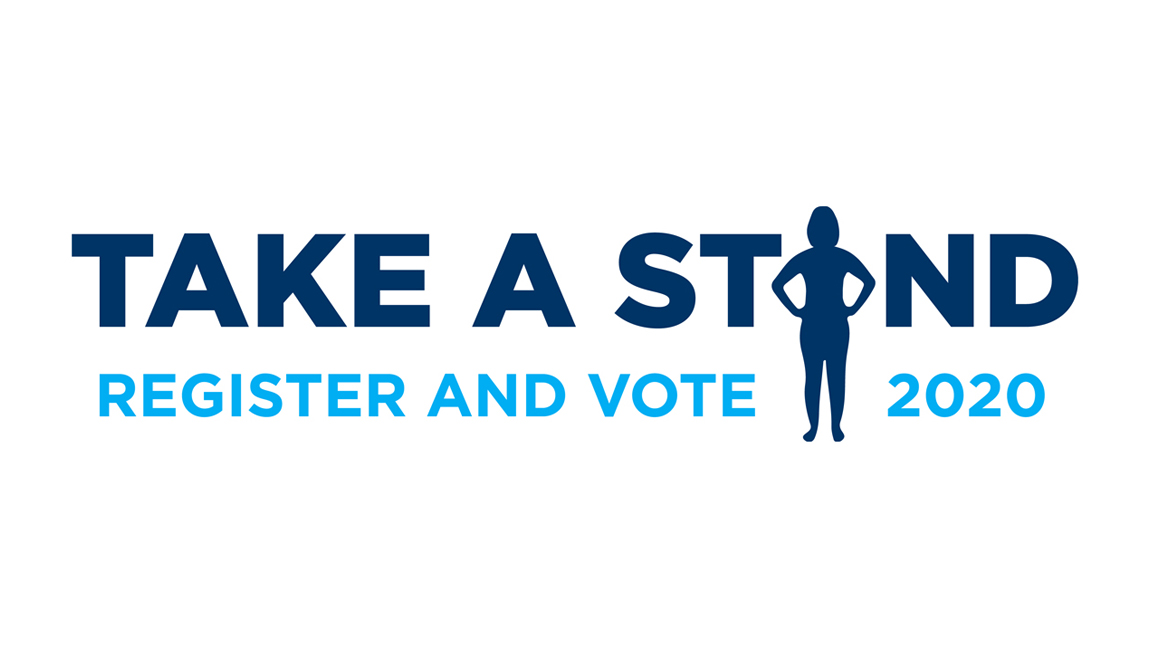October is Domestic Violence Awareness Month and South Carolinians can be grateful that things have improved, if only just a little, because for the first time in 23-years South Carolina has not been among the 10 states with the highest rates of women killed by men. We now rank 11th.
Gwen Reed, of Conway, knows full well the devastating impact of domestic violence. Just nine years ago, her younger sister, Ebony Spann-Parsons, was murdered by her estranged boyfriend. After kidnapping her and beating her, he shot her in the head with a shotgun and then took his own life.
That is why Reed is planning Ebony’s Hope Annual Domestic Violence Awareness Rally Saturday, October 29 on the lawn of the Old Courthouse, 1201 3rd Ave., South, in Conway. For more information, you can visit her Facebook page, Ebony’s Hope. which provides service to victims of domestic violence.
Reed carries the burden of wishing she could have prevented her sisters’ death, and so she continues to work tirelessly to expand awareness of the deadly threat of domestic violence. She recently told the local CBS affiliate here that carries guilt that while she recognized chances in Ebony’s personality during her relationship with her boyfriend, she didn’t act on it.
In a civilized society such as ours, children are raised to believe in love and goodness, we are not generally prepared to suspect others of unthinkable behaviors, Reed explains. “But if you see something, do something,” she says with passion.
Reed and her family can only speculate what Ebony was going through when she became quiet and withdrawn from her family before she was murdered. Coming from a large, loving family was she too ashamed and embarrassed to admit her own growing realization that someone she had come to love had the capacity for such out-of-control behavior? Had he threatened to harm her, or her family early on?
Victims of domestic violence and their families need to know they aren’t alone, and that there is information available that can help. Here are some early warning signs from the Office of Women’s Health in the U.S. Department of Health and Human Services. The abuser:
- Controls what you’re doing
- Checks your phone, email, or social networks without your permission
- Forces you to have sex when you don’t want to
- Controls your birth control or insists that you get pregnant
- Decides what you wear or eat or how you spend money
- Prevents or discourages you from going to work or school or seeing your family or friends
- Humiliates you on purpose in front of others
- Unfairly accuses you of being unfaithful
When a woman threatens to leave her husband or boyfriend, his behavior can become even more abusive. That is when she often needs the protection of law enforcement and knowledgeable advocates such as Gwen Reed and her associates. The time has come for help when any of these behaviors occur. The abuser:
- Destroys your things
- Threatens to hurt you, your children, other loved ones, or your pets
- Hurts you physically (e.g., hitting, beating, punching, pushing, kicking), including with a weapon
- Blames you for his or her violent outbursts
- Threatens to hurt herself or himself because of being upset with you
- Threatens to report you to the authorities for imagined crimes
- Says things like, “If I can’t have you, then no one can”
Law Enforcement Training Needed
Specialized training for law enforcement officers about the complexity of the issue of domestic violence could alleviate misunderstandings, Reed believes. They must particularly be alerted to the last sign on the list of indicators above, “If I can’t have you, then no one can” which is a forewarning of what is to come.
Ebony Spann-Parson eventually found the courage to leave her abuser and because she did, she lost her life. He might have decided that as long as he couldn’t have her, then no one else would either.
What if everyone could be made aware of the early warning signs of domestic abuse beginning in kindergarten? What if those lessons continued all the way through school to the 12th grade? How many potential victims would escape their abusers in the very beginning and still be alive today? Would Ebony still be alive today?
There is a South Carolina law that directs all public schools to educate students: THE DEPARTMENT OF EDUCATION SHALL DEVELOP A MODEL DOMESTIC VIOLENCE AWARENESS CURRICULUM TO ASSIST SCHOOL DISTRICTS IN DELIVERING AGE-APPROPRIATE INSTRUCTION ON THE SUBJECT OF DOMESTIC VIOLENCE TO ALL PUBLIC SCHOOL STUDENTS.
Let’s all take responsibility in becoming educated ourselves and insisting that our schools follow the law by offering age-appropriate information about domestic violence to all students K-12.
Editor’s Note: Ebony’s Hope is a 5013c corporation and accepts contribution to support its work. Gwen Reed supports the organization with 20 percent of the profits from her cleaning and accounting services business, but additional support is needed. Volunteers are also welcome. Visit Ebony’s Hope for more info.






